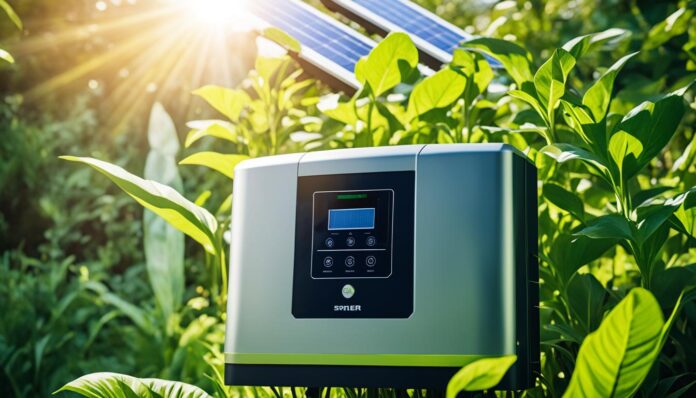
Did you know that the solar hybrid inverter market is projected to reach $16.25 billion by 2031? This growth is due to the increasing adoption of renewable energy sources.
Hybrid solar inverters are revolutionizing the way we harness and use solar energy. These devices combine solar power generation with battery storage. This allows for greater energy independence and efficiency.
In this article, we will explore the advancements in hybrid solar inverter technology. This will help you understand the benefits and potential of these devices. Keep reading to learn more!
Multi-String MPPT (Maximum Power Point Tracking)
This technology allows the inverter to optimize power from strings of solar panels. This ensures that the inverter is always operating at maximum efficiency.
It also allows for more flexibility in system design. You can connect many strings of panels to one inverter. This reduces the need for extra inverters and saves on installation costs.
This technology is useful for installations with shading or different orientations of solar panels. It ensures that each panel is operating at its maximum potential, even if others are not.
Battery Management System (BMS)
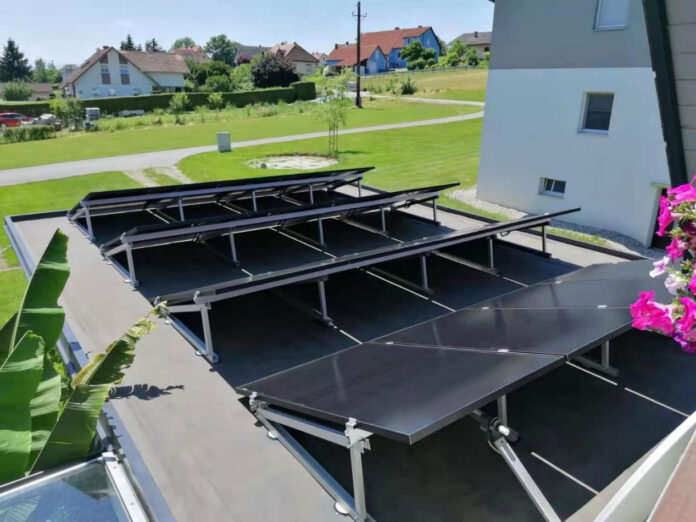
A key component of a solar hybrid inverter is the battery storage aspect. The BMS handles managing the charging and discharging of the batteries. This ensures they’re kept at optimal levels.
The advancements in BMS technology allow for better control of battery usage. This results in increased efficiency and prolongs the lifespan of the batteries.
Some inverters even have smart BMS systems. They can learn and adapt to your energy usage patterns. This maximizes the use of solar power and reduces reliance on grid electricity.
Integration with Smart Home Systems
As technology advances, so does the integration of inverters with smart home systems. You can now connect these devices to home automation systems. This allows for more efficient energy management.
For example, you can set your inverter to focus on charging your batteries during off-peak hours. This helps save money on electricity bills while also utilizing renewable energy sources.
Additionally, some hybrid inverters have built-in Wi-Fi connectivity. This allows for remote monitoring of the system through a smartphone or computer.
Grid-Tie with Backup Power
Hybrid inverters can still function even during power outages. Some models allow for grid-tie functionality. This is where excess solar power can be fed back into the grid for credit.
In case of a blackout, these inverters have backup power capabilities. They can continue to power appliances in your home using stored energy. This provides an added layer of security and reliability for your energy needs.
Advanced Cooling Systems
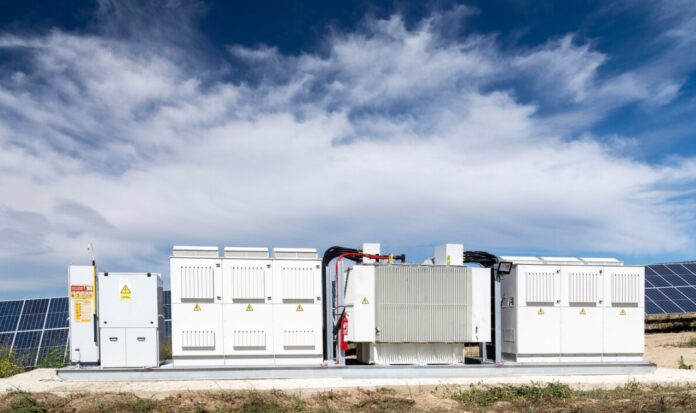
Advanced cooling systems are being integrated into inverter designs. Effective thermal management is crucial as it prevents overheating. It ensures the inverter operates within the desired temperature range.
These cooling systems can include heat sinks, fans, and even liquid cooling solutions. Improved cooling results in higher efficiency and reliability. It also reduces the need for maintenance and prolongs the lifespan of the inverter.
Arc Fault Detection
Arc faults can occur in solar PV systems, which can cause fires and other safety hazards. To address this issue, hybrid inverters now have built-in arc fault detection capabilities.
These detectors track the system for any potential arcs. It automatically shuts it down to prevent any accidents. This feature gives homeowners peace of mind while also meeting safety regulations.
Ground Fault Protection
Another important safety feature in hybrid inverters is ground fault protection. This detects any leakage current. It shuts down the system to prevent electric shock or damage.
Ground fault protection is crucial for systems connected to the grid. It protects those who may come into contact with a faulty system.
Bi-Directional Inverters
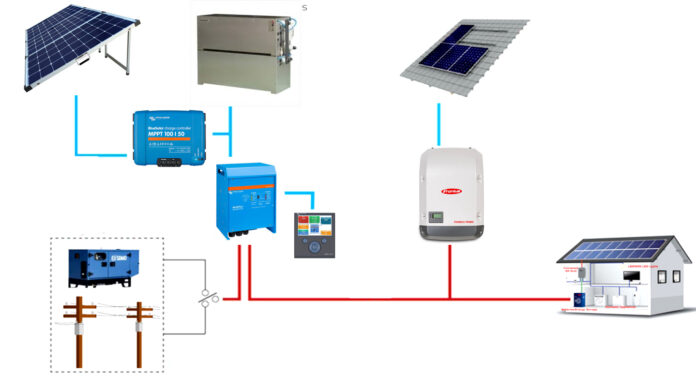
Bi-directional hybrid inverters represent the next step in solar energy technology. These inverters can also convert AC to DC. This feature is useful for charging batteries from the electricity grid.
This dual capability maximizes energy use. It also provides extra flexibility in energy management and savings in utility costs.
AI-Powered Energy Management
Recent innovations in hybrid solar inverter technology include the integration of artificial intelligence. AI algorithms can analyze real-time data on energy consumption. This includes weather patterns and solar production to make predictive adjustments.
This ensures optimal energy usage and maximizes the efficiency of the system. AI-powered inverters can learn from past usage patterns. This helps optimize charging and discharging cycles, further reducing reliance on grid electricity.
Modularity and Scalability
Modular hybrid inverters for solar are gaining popularity due to their scalability and flexibility. These inverters allow homeowners and businesses to start with a basic system. They can expand it as their energy needs grow.
This modular approach makes it easier to upgrade the system. You can add more inverters or battery storage without overhauling the entire setup. This saves both time and money in the long run.
Flexible Mounting Options
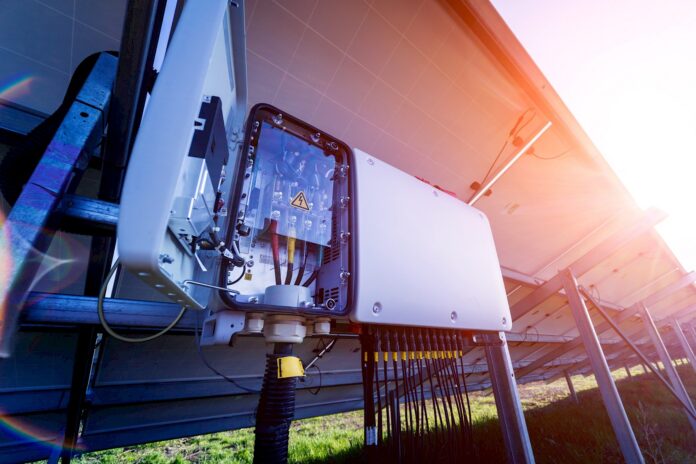
Another advancement is the development of flexible mounting options. These inverters can be installed in various orientations and locations. This makes them suitable for diverse installation environments.
Flexible mounting options provide greater versatility in system design and installation. This adaptability ensures that the inverters can be positioned for easy maintenance.
Increased Power Density
Advancements in semiconductor technology have led to increased power density in solar inverters. This means that they can deliver more power without a corresponding increase in size.
Higher power density translates to more compact and space-saving solutions. This makes it easier to install the inverters in various settings.
To help you get the most out of these inverters, make sure to check the leading solar providers in Chicago. They can offer professional advice on the best hybrid solar inverter for your needs.
Staying Informed on the Innovations for Hybrid Solar Inverter
The latest hybrid solar inverter technology offers a wide range of benefits. These devices are shaping the future of renewable energy usage.
As advancements continue, we can expect even more developments in solar inverters. It will continue to optimize the use of solar power. This will lead to a more sustainable and cost-effective energy future.
If you enjoyed this article, then check out our other informative blogs. We have a wide variety of topics that will improve anyone’s knowledge base.





